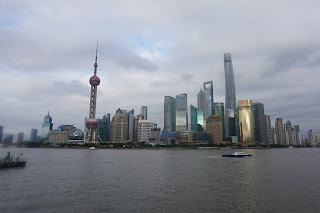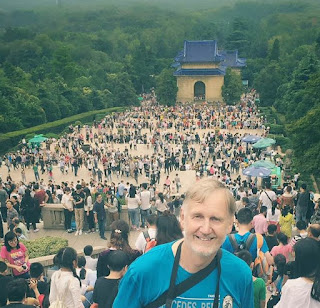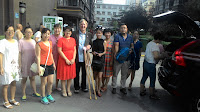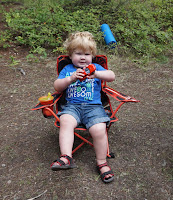I feel confident in saying there is nowhere on Earth quite like Myanmar. I feel very grateful for the natural warmth of the people. Everywhere I was welcomed and given able assistance. At no time was I threatened, cheated or robbed. It is said that in Myanmar if you see someone chasing after you it will be because they are trying to catch you to give you something you left behind.
 |
| 12th century. Natural light from a high widow above. |
I'm sure my time in Myanmar really happened, but its starting to feel like a dream - a land out of time, perhaps belonging to another life, or another era. I rented an ebike everyday to explore the huge area dotted with temples and pagodas. Just pick a rail, hope to stay upright in the sand, avoid the thorns and possible snakes and find an ancient temple where you may find ghostly paintings on the walls, passageways past massive Buddha statues and narrow stairways leading to a higher level outside for a view of the countryside. You do run into people, but also goats, cows and butterflies to the sound of birds singing... not much else... a deep sense of peace.
The monks used to walk inside the temples around four Buddhas facing the four directions. We normally spend so much time thinking about past and future, but here the timeless present seemed to claim my attention. I practised walking meditation and ebike meditation. Fortunately my battery was recharged every night and never ran out. I loved seeing the balloons float silently overhead at sunrise. It cost $350! A little too steep for me.
 |
| The monks used these inner spaces for walking meditation |

 |
| Every sunset feels like a sacrament |
 |
| The road from Bagan to Inlay Lake |
 |
| Shwedagon Pagoda - Yangon |
Shwedagon Pagoda has been the central feature of Yangon for centuries. Gradually it has collected a lot of profane materialism and glitter around it, but it still retains a massive majesty, partly due to the devotion of local people who visit. There are plenty of monks in evidence, praying, meditating or simply available to talk to visitors. A visit to the pagoda provides a wonderful opportunity to watch the movements of the mind as the kaleidoscope of sense impressions unfolds around you.
On my last day I visited the Mahasi international meditation center in Yangon - possibly a pivotal moment in my life. More about that in a future blog.






































